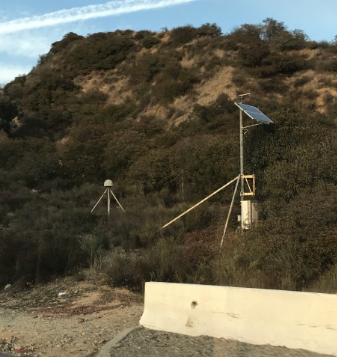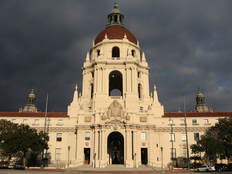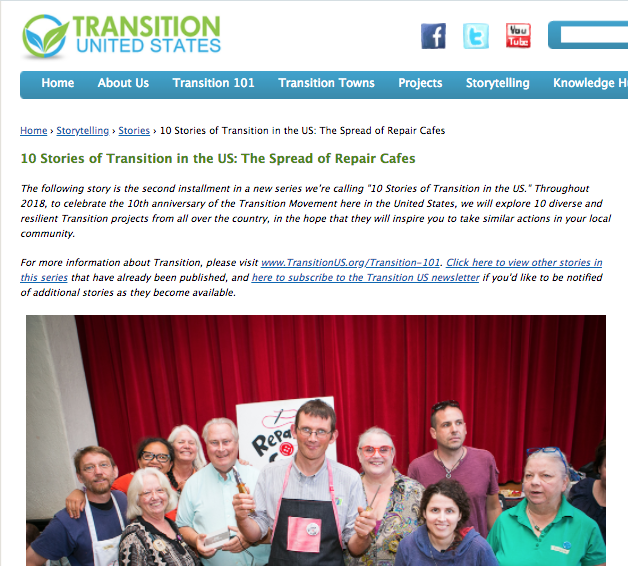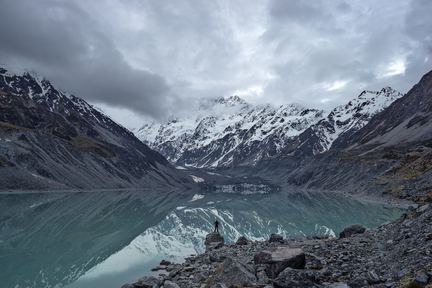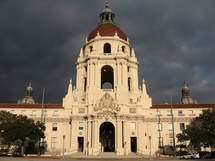
Does this City want to face the future and accommodate the growing class of folks who do not own cars by making Orange Grove safer for bicycles? I think they do. We now have high-rise condos at several Metro stations to accommodate carless residents and folks who care too much to burn fossil fuel to get across town.
Felicia Williams, who was previously the Transportation Advisory Commissioner, laid out the forgotten history of Orange Grove in a recent Guest Opinion piece in Pasadena Now, describing it as a promenade for horses and carriages when Pasadena was first established. She tells of how the speed limit was raised in 2008 to 40 mph, making it one of the top two speed limits in the city. Citizens clamored for a slower street. And now that the discussion is back on the table citizens are fearful of going on a speed diet.
Pasadena Environmental Advocates, PEAs, is a collaboration of nearly 100 members who have concern for the environment in Pasadena. We came together during 18 months of (successfully!) lobbying the City Council to pass a styrofoam ban. We now have a bimonthly Eco Breakfast to keep connections vibrant and stay abreast of the issues that are driving change in Pasadena.
This month, one of the 15-minute "Spotlights" will be the Orange Grove issue of redistributing lane assignments for the sake of safety and equal access for bikes as well as cars and pedestrians. Growing the miles of bike lanes in Pasadena is a component of the Climate Action Plan. This issue, according to the Pasadena Star-News, has been postponed for approximately one year, but we will be educated on the factors that will influence public and council members' support or rejection. As Felicia Williams says, we must always look to keep improving for the common good.
The potluck Eco Breakfast will be held 7:15-9 a.m. on April 25 at Throop Church Patio. Eco Breakfast is a single conversation around a table. If you are an environmental advocate who would like to reserve one of the 20 limited seats, contact Transition Pasadena at [email protected].
—Therese Brummel

